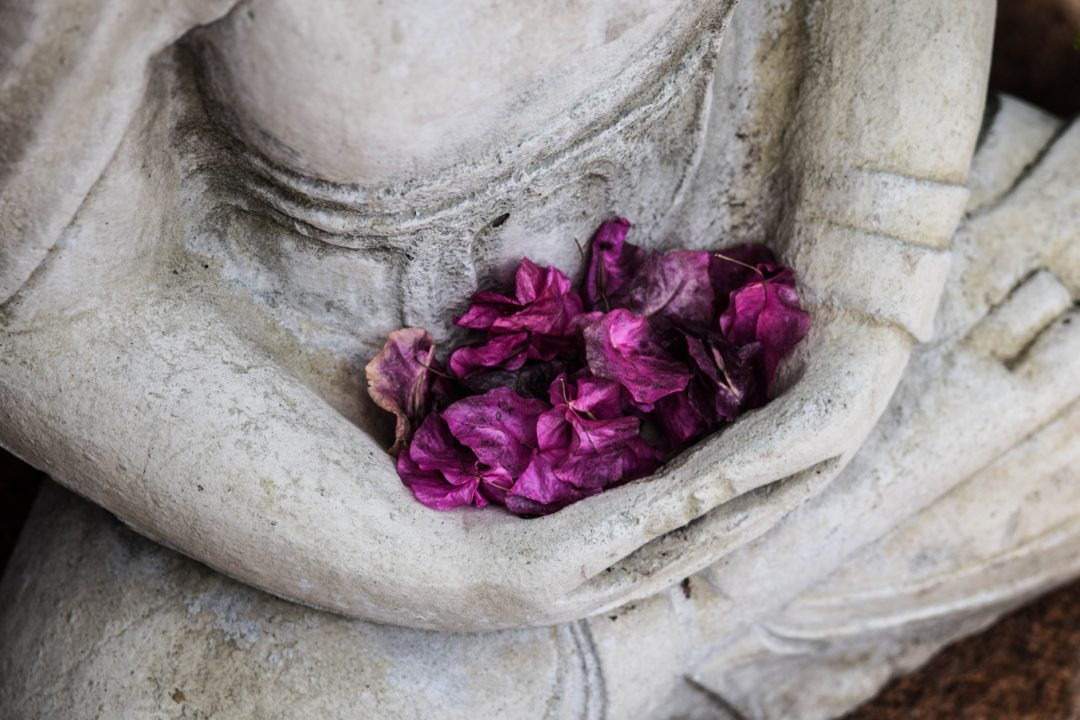Hello, I’m Andrea
Introvert, dreamer, writer, yogi, wannabe author, bookphile, traveller, current Dubai dweller – these are just some of the labels I’d give myself, but if I were to describe the core of who I am, I’d say I’m someone who loves life and all the opportunities to experience beauty that it offers.
And yet, despite this, I also have the propensity to be pulled under the mighty tide of depression. When that happens, everything is drained of its colour. Everything that was once brimming with opportunity suddenly feels pointless and worthless.
To me, it’s devastating that the illness has the ability to reduce us to shells of our former selves, to make us feel like everything is a waste of time. It upsets me to think of the hours of people’s lives it robs, how many lives its devastated in its wake.
And that’s why I decided I wasn’t going to let it beat me and that, if anything, I was going to use it to my advantage and help people by sharing my experiences.
This is the story of how I finally came to terms with depression, and how I decided to launch this blog to become stronger mentally and share those resources with others in the process.
I’m not depressed!
“I’m not depressed,” I scoffed to my friends. “Depressed people can’t even get out of bed, but I can, so how is this depression?”
Earlier this year, to my horror at the time, I was diagnosed with recurrent moderate depression. When my psychologist first uttered the words, I was taken aback. Sure, I was struggling to do the things I loved, I found it increasingly more difficult to start projects that were close to my heart, and I seemed to be withdrawing more and more from friends, but I was still functioning. I was getting up every morning (albeit reluctantly), getting ready, and facing the world in my own cynical way. I was holding down a demanding job, paying my bills, still bothered enough to be disgusted with Brexit and Trump, and seemingly getting on with things. How could I be depressed?
My first response was denial. I was fine. I rebuffed her suggestion to try medication. “I’m not depressed,” I scoffed to my friends. “Depressed people can’t even get out of bed, but I can, so how is this depression?” I asked and then retreated to my apartment once more.
Actually, I am
There’s another face of depression – the one where you’re functioning but the whole world has been drained of its colour.
The months rolled by. The initial changes I made in order to avoid medication seemed to work – I felt more positive and in control. But as time passed by, I found myself back at square one. Then, I had four days off work and did absolutely nothing with my time. Turns out that isolating yourself for four days is not really okay. It wasn’t that I didn’t want to do anything, I did. But I felt paralysed. Paralysed into inaction by thoughts that ranged from “What’s the point in starting this?” to “Nothing will come of it anyway.”
During my next therapy session, the word depression was uttered again. This time, this was met with tears instead of denial – and surprisingly, relief.
I finally had an explanation for something that had plagued me for most of my adult life. Every time I had one of these episodes, I would get frustrated with myself. I’d call myself all kinds of things: lazy, unfocused, unmotivated, useless, a bloody failure. And the more I fed into that way of thinking, the more paralysed I’d become. I couldn’t understand how I, someone who has so much zest for life, couldn’t face doing the things that bring me so much joy. I’d go from solo travel and “Yay isn’t this world so vast and fascinating and great?” to stewing in a steaming pit of misery while bemoaning how shit everything was.
Depression, that’s why.
It turns out our idea of depression – of someone who can’t bring themselves to leave their bed, let alone shower, go to work, or take part in life – isn’t entirely accurate. Yes, this is one face of depression, but there’s also another one – the one where you’re functioning but the whole world has been drained of its colour.
A blog is born
If you have a deep cut that doesn’t stop bleeding, you go and get it stitched up. So why is it that the majority of us don’t know how to look after our mental health in the same way?
It’s then that I realised more than ever that if someone like me who has studied psychology and has an interest in mental health can balk at the idea of being diagnosed with depression, then it’s no wonder that others do. There is still so much stigma attached to it. In fact, there’s still so much stigma attached to any kind of discussion on mental health – whether that’s depression, anxiety, or just going to see a therapist because life is hard so why shouldn’t you see one?
Sadly, mental health isn’t given the same attention as physical health, which in my opinion is criminal. If you have a deep cut that doesn’t stop bleeding, you go and get it stitched up, so why is it that the majority of us don’t know how to look after our mental health in the same way?
Thankfully things are starting to change and I want to be part of that conversation. Writing and maintaining this blog is my way of telling depression it won’t beat me. If anything, if I’m going to have to live with it, I’m going to make friends with it. This is my way of building this relationship with depression (nice to meet you!), while hopefully helping others become mentally healthier, too.

